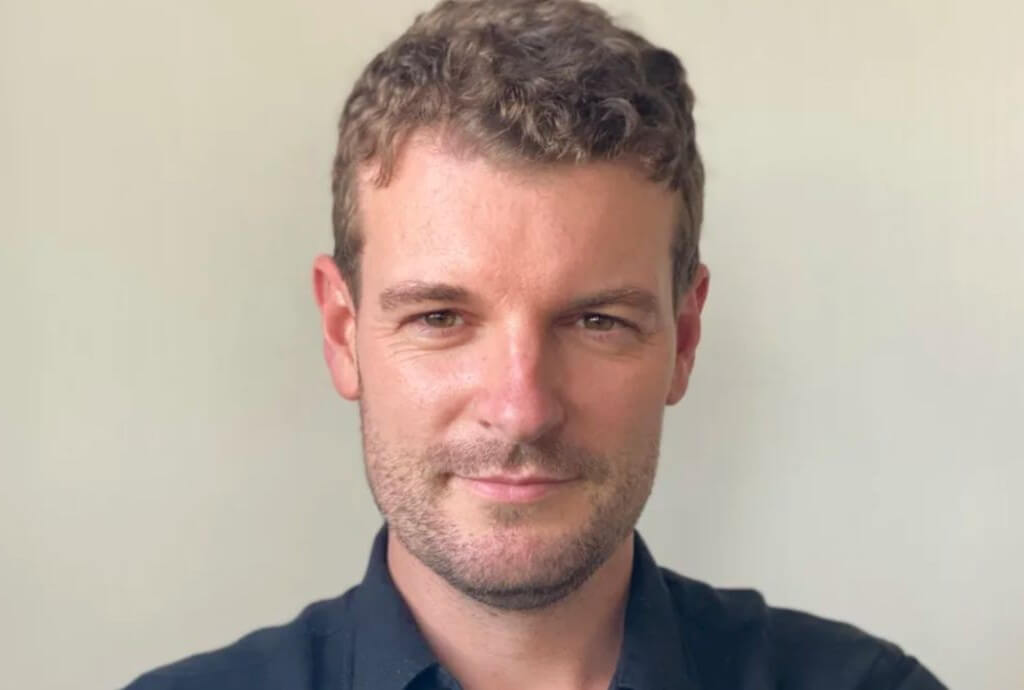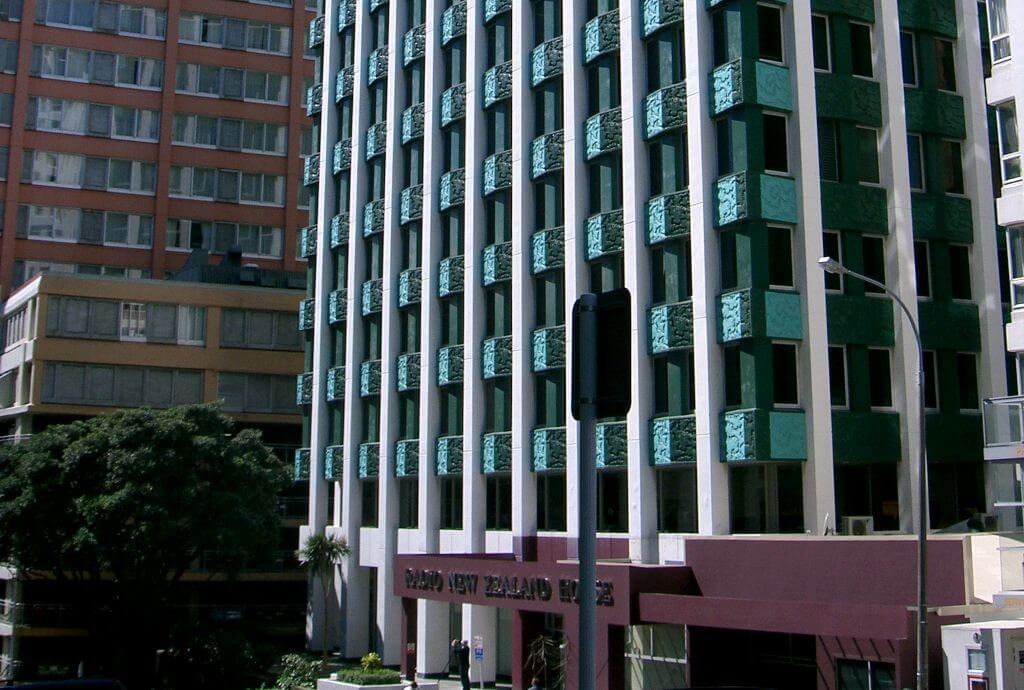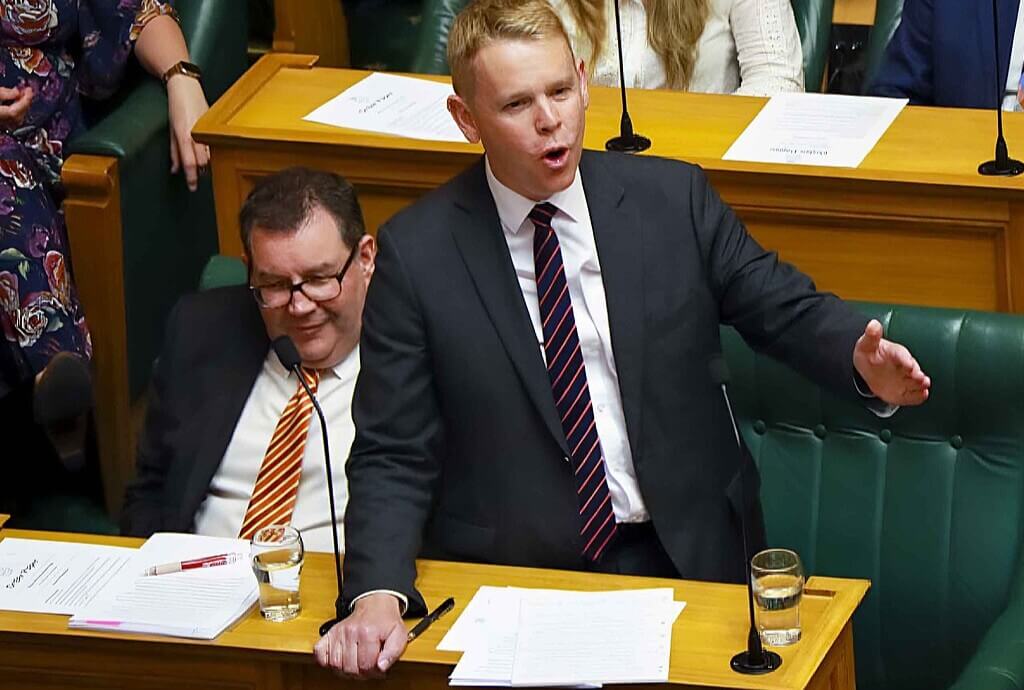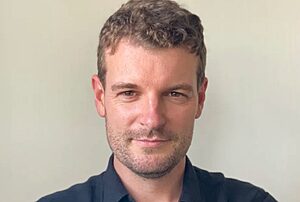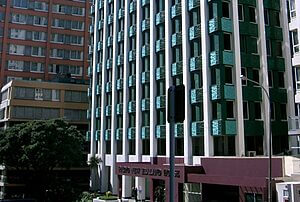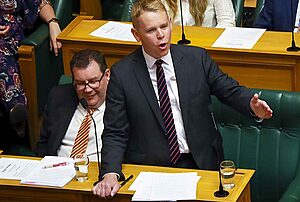Summarised by Centrist
A bold new plan from former Finance Minister Sir Roger Douglas and economist Robert MacCulloch would flip the tax system on its head to avoid what they call a slow motion car crash for New Zealand’s economy.
Instead of paying income tax on your first $60,000, that money would go into personal savings accounts to cover your healthcare, retirement, and emergency costs. You would save around $21,000 a year, split between health, pension, and risk cover.
Tax would still be paid on earnings over $60,000 to fund help for those on low incomes or with chronic health issues.
The idea is to reduce the burden on government while giving people more control and letting their savings grow over time through interest. It is a shift away from state-run welfare to a partly self-funded model, closer to systems in France or Australia.
Other changes in the plan include raising the pension age to 70, cutting subsidies to industries like film and forestry, and tightening student support based on income.
MacCulloch says ignoring the problem means the country is drifting toward a future where the government cannot afford to fund healthcare or pensions. But Finance Minister Nicola Willis says the Government is not considering the plan.
“What they’re not telling you,” MacCulloch warns, “is that a slow-motion crisis is enveloping New Zealand.”

